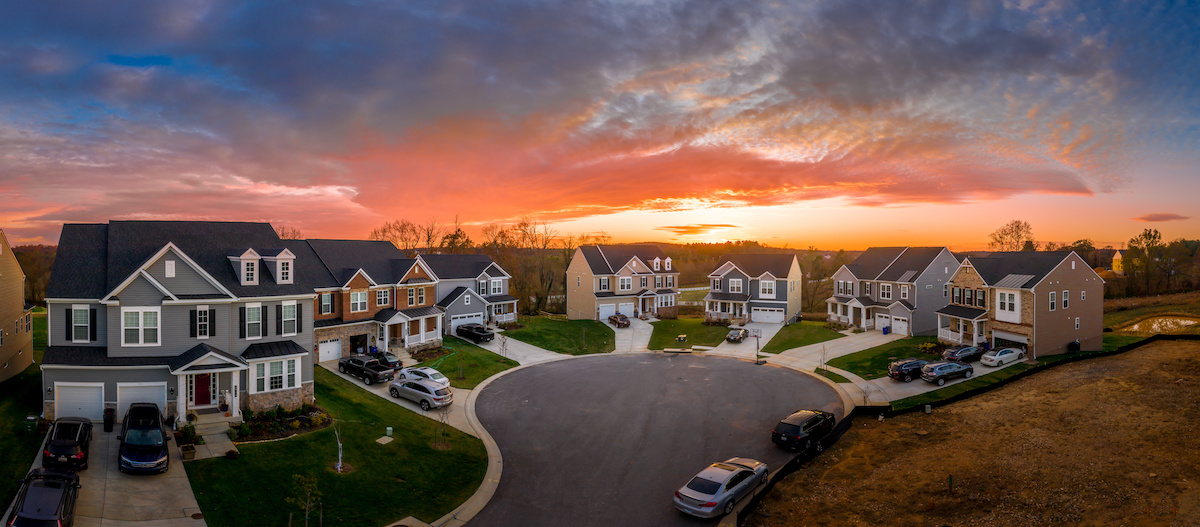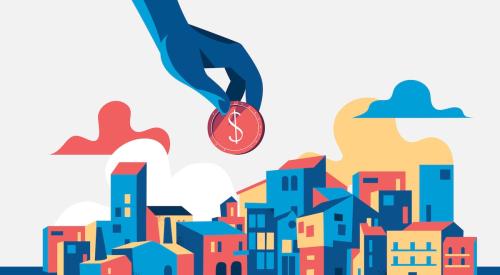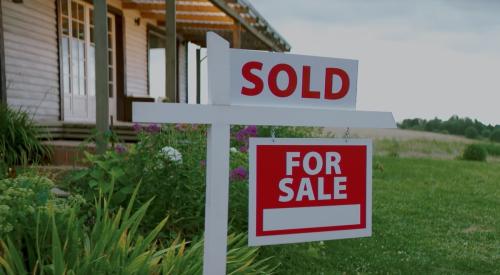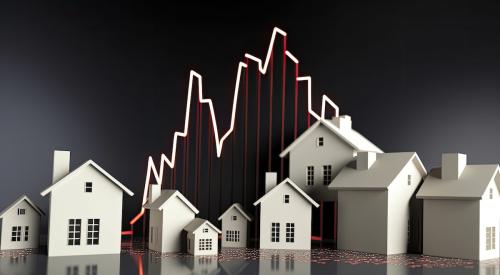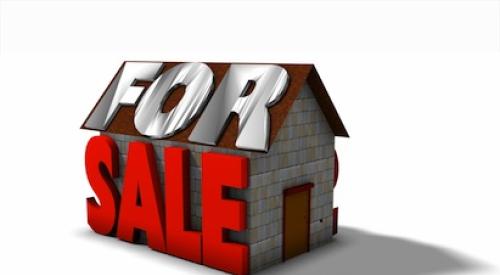The United States needs anywhere from 5 million to 6.8 million more housing units to meet housing needs, according to a recent study by the National Association of Realtors. Home prices and rents are rising rapidly because of the severe lack of supply, says the Washington Post, and the study says low supply results from years of underbuilding. In 2009 the opposite issue burdened the market: There were too many homes for too few buyers. But with economic recovery came the increase in home prices and rents. It will require “a major national commitment to build more housing of all types” to solve the crisis, consultants wrote in the study.
The National Association of Realtors (NAR), whose membership is said to be at or near an all-time high and who clearly benefit from having more housing product to sell and lease, is proposing an unprecedented push on the supply side: more and better funding capabilities, changes in zoning to accommodate more units in smaller spaces, converting underutilized commercial space to residential homes, and using the might of the federal government “to help address construction capacity challenges such as rising construction costs and labor and materials shortages.”
“There is a strong desire for homeownership across this country, but the lack of supply is preventing too many Americans from achieving that dream,” said Lawrence Yun, NAR’s chief economist, in the news release announcing the report. “It’s clear from the findings of this report and from the conditions we’ve observed in the market over the past few years that we’ll need to do something dramatic to close this gap.”
NAR and the National Association of Home Builders, among others, predicted back in 2011 and 2012 that supply would be a problem by 2017. Mortgage interest rates, which hit 15 new historic lows last year, aren’t helping. Home buyers, and homeowners, have been rushing to take advantage of what many imagine will be the last chance to lock in a 30-year mortgage at under 3 percent.
With the Federal Reserve Bank’s recent admission that inflation is rising faster than expected, mortgage interest rates are likely to follow, industry experts say. And that will naturally slow down housing demand from the current frenzied pace.
